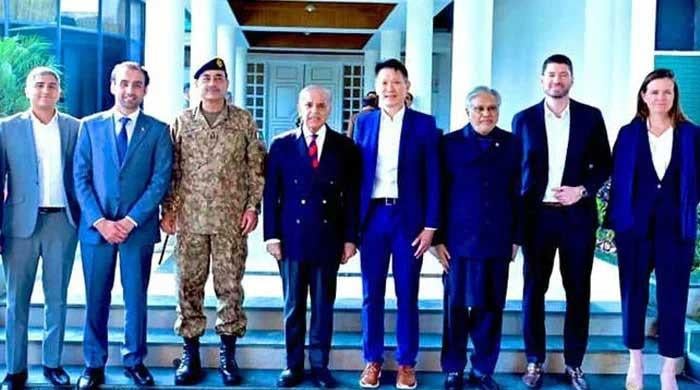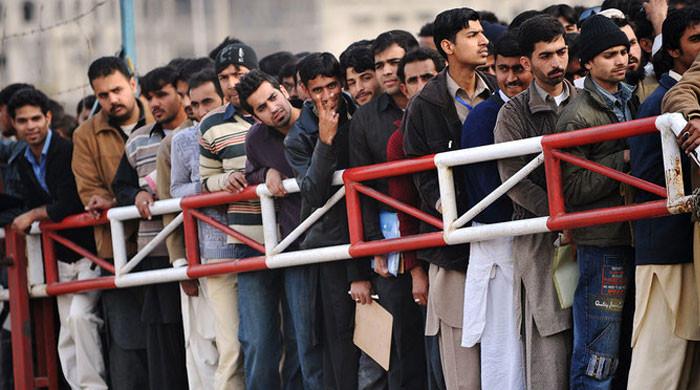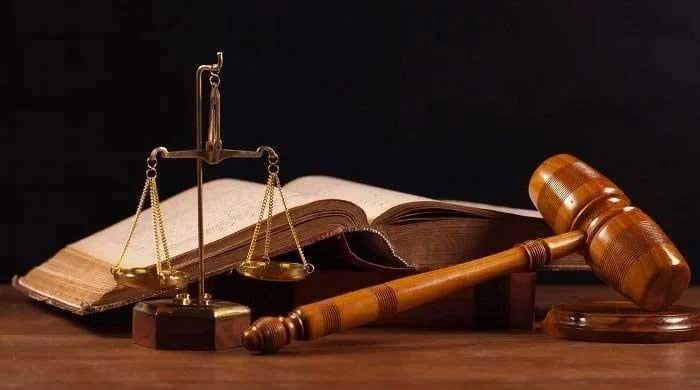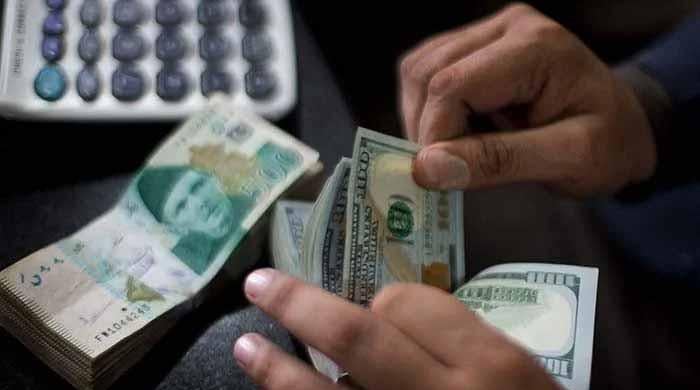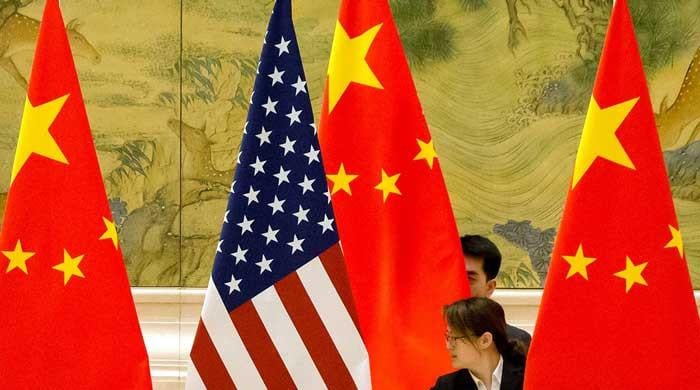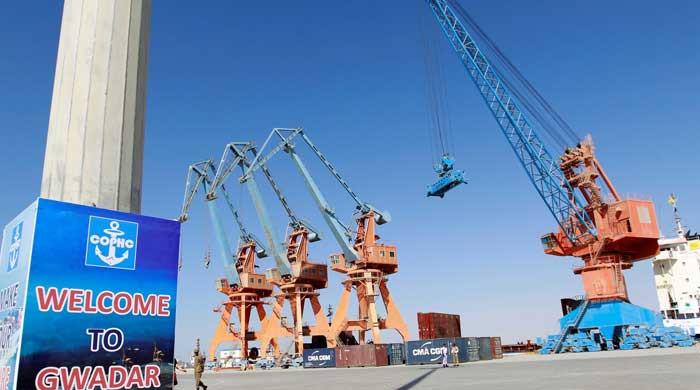The Battle For Karachi: Who Can Win?
If the ECP increases the number of seats, Karachi may witness one of the most exciting political battles in the next general elections, writes Mazhar Abbas
April 29, 2017
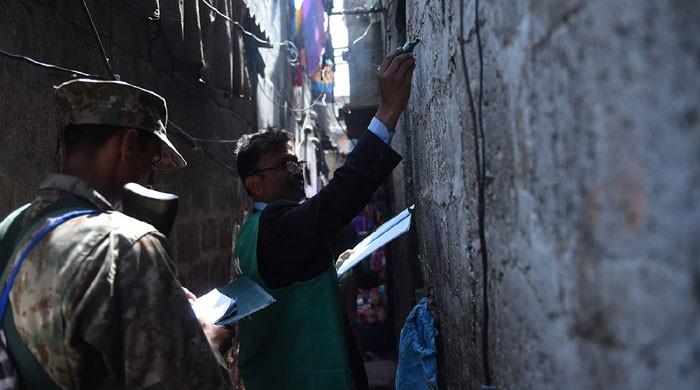
Once the census tally is in, and headcount complete, Karachi, the financial hub of Pakistan, could turn out to be a city of 24 million people, if not more. As a result the Election Commission of Pakistan will have to increase its number of parliamentary seats. Which, in turn, will usher in an exciting face-off between political parties looking to fill in the vacuum left by Altaf Hussain.
As of now, Karachi has 20 seats in the national assembly and 42 in the provincial. These tend to be won mostly by the Muttahida Qaumi Movement. But the MQM’s stronghold has been damaged, in the past few months, with a series of setback from within and outside.
Politics in Pakistan, since 1988, has by and large remained 'ethnic' in nature, especially in Karachi, where national parties have remained absent. This meant, residents only voted on ethnic lines. However, come 2018, the city could finally move away from its three decades of 'Muhajir politics'.
Next year’s national elections will be a test for the MQM, or what has survived of it, and the newly-formed Pak Sarzameen Party as well as Imran Khan’s Pakistan Tehreek-e-Insaaf, which bagged 800,000 votes in 2013.
That said, the Islamic Jamaat-e-Islami is also not out of the race, and neither is the Pakistan People’s Party, which has always manages to snatch at least two to three seats in the city.
Broadly speaking, Karachi is divided into the Urdu-speaking Muhajirs and the non-Urdu speaking - Pashtoon, Punjabi, Sindhi and Baloch.
This year, it seems, all other political parties, except for the MQM London, are gearing up to launch their campaigns in the city. Back-to-back rallies, demonstration, protests and sit-ins have been announced by the Pakistan People’s Party, Pak Sarzameen, Jamaat-e-Islami, Muttahida Qaumi Movement (Pakistan) and the Pakistan Tehreek-e-Insaf.
As for the Pakistan Muslim League, it lost interest in the city soon after Ayub Khan's presidential election, where Karachi voted for Fatima Jinnah. In those days, the Muhajirs, who had migrated from India, switched loyalties from the Muslim League to Jamaat-e-Islami and Jamiat Ulema-e-Pakistan.
The PPP's main opposition, in the 1970s, came from the Islamic parties, but then the “language bill” cemented the Muhajir-Sindhi divide and gave birth to ethnic based politics.
No political force has ever enjoyed such a hold on the city as the united MQM. It ruled, despite the setbacks, from 1988 to 2013. The MQM never looked back after it swept the local government elections in 1987.
While, the MQM’s practically wiped out religious parties from Karachi, the PPP maintained a limited space, confined to the areas of Lyari and Malir.
But today, the MQM is rupturing from within. It is now divided into the MQM London, Pak Sarzameen Party and MQM Pakistan. Of the three, the MQM Pakistan is in the strongest position to win votes on the ground. But will its confused voters respond?
Meanwhile, the PSP is also reading itself for a show of strength with a ‘Million March’ on May 16. It is important to note here that there is no basic political and agenda difference between the MQM and the PSP. If a merger is on the cards, it could unite their vote bank.
With time, Altaf Hussain is fading into the background. For the first time in 35 years, there will be no political activity around Nine Zero, the Khursheed Memorial Hall and Jinnah ground.
For everyone else the battle is just beginning.
Abbas is a senior columnist and analyst of GEO Television, The News and Jang. He tweets at @MazharAbbasGEO




